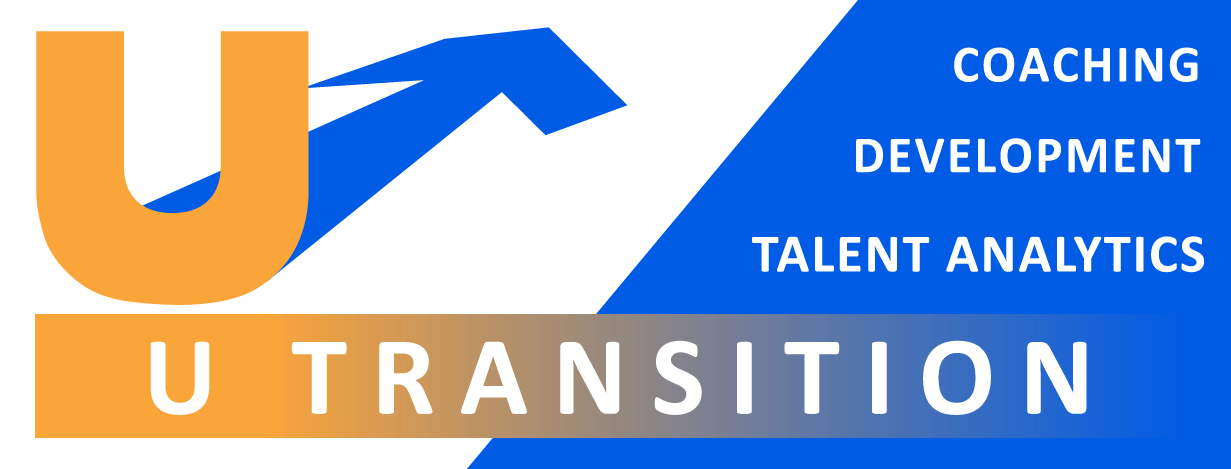
Who’s ever felt like they are being held back by something but not really able to put a finger on it?
We all have, right?
Sometimes its fear, sometimes it’s something else like a lack of knowledge or a lack of particular skill. How often do we use this as a reason not to do something in our business or to not do it yet?
Being a solopreneur can be lonely and scary and involve taking uncomfortable risks at times but it can also be fun and exciting and the best thrill and roller coaster ride you will ever have.
So how do you make the most of the experience?
One way is to become more self-aware.
Having a greater level of self-awareness means that you have a deeper understanding of your personality, including your strengths and development areas, your thoughts and beliefs, your emotions, the things that motivate you and inspire you and the things you dislike and avoid.
This knowledge will enable you to make more informed choices so you can take control of your actions and make the necessary changes to get the outcomes you desire.
This could include changes to your emotions, mindset and your behaviour.
There are lots of ways to increase self-awareness and one method is to look at ourselves more objectively rather than subjectively.
A popular method of doing this is to use a diagnostic or psychometric tool.
There are lots out there and they all have different ways of being completed and look at different aspects, but their common thread is that they are all intended to provide objective information that will enhance your self-awareness in some way or another.
The one I like to use is Harrison Assessments .
Harrison Assessments is a behavioural assessment based on job preferences and as such is totally job centric.
Created by Dr Dan Harrison Ph. D, Doctor of Philosophy and Psychology with a Masters degree in counselling Psychology, Organisational Psychology, Human potential psychology and a mathematician.
Dan’s single vision was to help individuals and companies select and develop talent and his main research was centred around understanding what really makes people successful in their roles and what he found was that job success has very little to do with personality and a lot to do with their behavioural working preferences.
From his many years of research came his two theories of
• Enjoyment theory – employees who enjoy at least 75% or more of their job are three times more likely to succeed than employees who enjoy less than 75% of their job.
• Paradox Theory – which states that in order to have the best flexibility in role we actually need a balance of seemingly conflicting traits or Paradox’s.
Both of which we’ll look at in more detail over the coming week.
The reports I focus on most in my coaching are Traits and Definitions and Paradox reports as they provide valuable insights for individuals and teams enabling them to move forward and take informed action based on accurate data.
All reports are created from just one online SmartQuestionnaire™ which takes about 20 minutes to complete, its highly accurate and measures 175 behavioural traits with over 8000 comparisons and importantly there is no right or wrong.
So think about this
How aware are you of your strengths and development needs in running your business right now?
Do you know what motivates you and drives you to achieve?
Do you know what’s holding you back and stopping you from reaching your full potential?
What would help you to move forward in the area of your business that you most want to?
What support do you want, and from whom, to help you get there?
Visit the Harrison website – http://u-transition.harrisonassessments.co.uk/
Click on the link to receive a free sample report of your choice OR your own personalised Traits and Definitions OR Paradox report (reports cost £48 +vat each ) plus free coaching feedback session – by completing your contact details and letting me know you would like to complete the online SmartQuestionnaire™
Check out my Facebook group Leadership Success Toolkit if you would like to see more content like this and be part of an exclusive leadership network community

